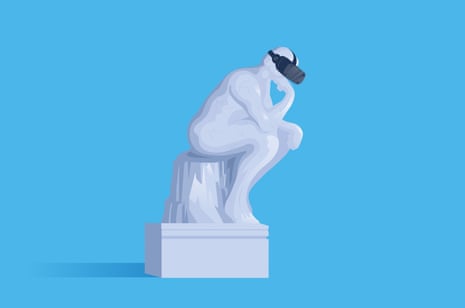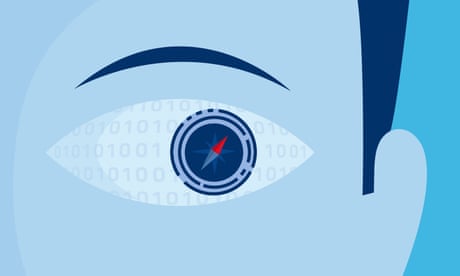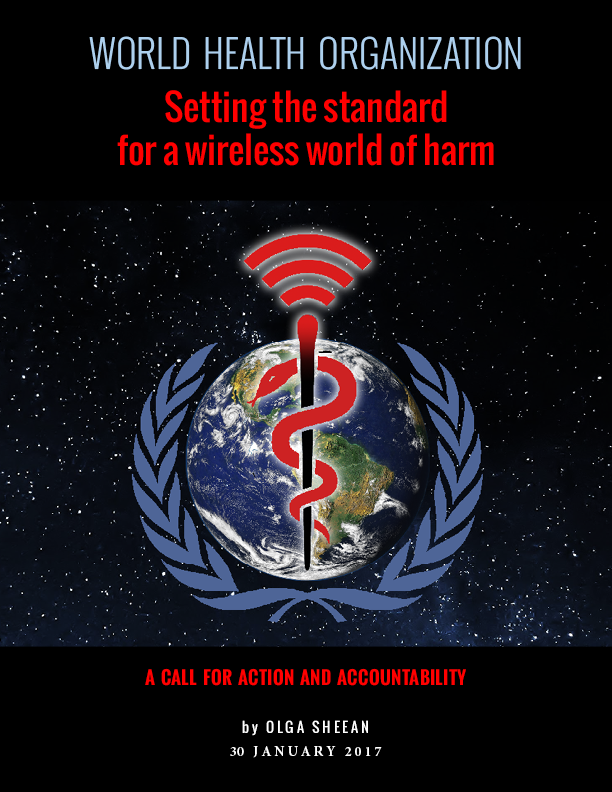Could the universe be an elaborate game constructed by bored aliens?

Elon Musk thinks you don’t exist. But it’s nothing personal: he thinks he doesn’t exist either. At least, not in the normal sense of existing. Instead we are just immaterial software constructs running on a gigantic alien computer simulation. Musk has stated that the odds are billions to one that we are actually living in “base reality”, ie the physical universe. At the end of last year, he responded to a tweet about the anniversary of the crude tennis video game Pong (1972) by writing: “49 years later, games are photo-realistic 3D worlds. What does that trend continuing imply about our reality?”
This idea is surprisingly popular among philosophers and even some scientists. Its modern version is based on a seminal 2003 paper, Are We Living in a Computer Simulation? by the Swedish philosopher Nick Bostrom. Assume, he says, that in the far future, civilisations hugely more technically advanced than ours will be interested in running “ancestor simulations” of the sentient beings in their distant galactic past. If so, there will one day be many more simulated minds than real minds. Therefore you should be very surprised if you are actually one of the few real minds in existence rather than one of the trillions of simulated minds.
This idea has a long history in philosophical scepticism (the idea that we can’t know anything for sure about the external world) and other traditions. The Chinese Taoist sage Zhuangzi wrote a celebrated fable about a man who couldn’t be sure whether he was a man dreaming of being a butterfly, or a butterfly dreaming of being a man. René Descartes imagined that he might be being manipulated by an “evil demon” (or “evil genius”) that controlled all the sensations he experienced, while the 20th-century American philosopher Hilary Putnam coined the term “brain in a vat” to describe a similar idea. But while Neo in the Wachowskis’ 1999 film The Matrix really is a brain (or rather a whole depilated body) in a vat, the simulation hypothesis says that you do not have a physical body anywhere. “You” are merely the result of mathematical calculations in some vast computer.
There might may be clues to the fact that our universe is a simulation hidden in the very fabric of ‘reality’
There are many possible objections to this idea even getting off the ground, as Bostrom notes. Perhaps it is simply not possible for computer-simulated beings to become conscious in the way we are. (This would defeat the “assumption of substrate independence”, according to which minds are not dependent on biological matter.) Or perhaps all civilisations destroy themselves before getting to the simulation stage. (Plausible if not necessarily comforting.) Or perhaps advanced civilisations are simply not interested in running such simulations, which would be surprising given the kinds of things humans do – such as developing video deep-fake technology or researching how to make viruses more virulent – even though they seem to be very bad ideas.
The simulation hypothesis is perhaps attractive to a wider culture because of its nature as a cosmic-scale conspiracy theory as well as an apparently scientific version of Creationism. The inconceivably advanced alien running its simulation of our universe is indistinguishable from traditional terrestrial ideas of God: an all-powerful being who designed everything we see. But is this god the god of deism (who sets up the laws of nature but then absents himself while creation runs its course), or a more interventionist figure? If the latter, it might make sense to court their favour.
How, though, should we please such a god? Not necessarily by being virtuous, but by being – assuming the simulator is watching us for its own pleasure – at least entertaining. This line of reasoning might imply, for example, that it is one’s duty to become a florid serial killer, or a guy who tries to colonise Mars and buy Twitter. “Be funny, outrageous, violent, sexy, strange, pathetic, heroic … in a word ‘dramatic’,” counsels the economist Robin Hanson, considering that assumption in his 2001 paper How to Live in a Simulation . “If you might be living in a simulation then all else equal it seems that you should care less about others,” he concludes, and “live more for today”.
One commonly despairing reaction to the idea that we might all be simulated is that this renders our lives meaningless, and that nothing we see or experience is “real”. The Australian philosopher David Chalmers, in his recent book Reality+: Virtual Worlds and the Problems of Philosophy, argues otherwise. For him, a digital table in VR is a real table. It is no more disqualified from being “real” by the fact that it is, at bottom, made up of digital ones and zeros than a physical table is disqualified from being real by the fact that it is, at bottom, made up of quantum wave-packets. Indeed, some esoteric theories of physics consider “reality” itself to be at base quantum-computational or mathematical in nature anyway.
Is there any good reason to actually believe the simulation argument, though? Or is it just aesthetically piquant techno-religion? Chalmers observes that it is at least more plausible than earlier iterations of scepticism such as Descartes’s evil demon, simply because we now have functioning prototypes (video games, VR) of how such a simulation might work. Others have speculated that there may be clues to the fact that our universe is a simulation hidden in the very fabric of the “reality” that we can investigate: perhaps the simulation cuts corners at very small scales or very high energies. Indeed, experiments (for instance in Campbell et al., “On Testing the Simulation Theory”, 2017) have been seriously proposed that might reveal the answer.
But not so fast. Remember that we can’t know what the goal of the simulators is. Perhaps, for them, the game is not merely to observe us as an indefinite planet‑sized soap opera, but simply to see how long the sim-people take to prove that they’re in a simulation. At which point, the game ends and the simulation is turned off. Perhaps we’re better off not finding out.
(Related Fantasies of Lucifer "Science":
https://www.scientificamerican.com/article/do-we-live-in-a-simulation-chances-are-about-50-50/)
.
.
.
.
.
.
.
.
World Health Organization: setting the standard for a wireless world of harm
A document by Olga Sheean regarding the special interests behind WHO’s wireless safety standards.
Excerpt from pdf: Lentegeur Cape Town South Africa
Broken-hearted.
My name is Amanda Collins and I live with my 12-year-old daughter Skyla
[pictured in the pdf] in Lentegeur —a suburb on the outskirts of Cape Town. Aged
four, Skyla was diagnosed with autism and ADD and attends a ‘special needs’
school. Since the installation of a cell tower, 10 metres from our home, around
a year ago, I have noticed a complete change in Skyla’s demeanour. She has
retracted back into the shell she was starting to escape from and become quiet,
introverted and rarely initiates conversations.
My heart is broken as I do not know how to help my daughter. I too am suffering and have learnt to live with buzzing in my ears, difficulty falling asleep at night, as well as regular headaches. I now keep a supply of pain pills on hand.
My crowning glory used to be my hair, which was thick, straight and shiny. Today, I hardly recognize myself in the mirror as my hair has become wiry and dry.
Under Apartheid, my community was disenfranchised. It is how I feel once again today!
—Amanda Collins, Cape Town, South Africa.
Olga Sheaan’s document asks:
What kind of world…?
…puts profit before people, the planet and prosperity?
…rejects the kind of science that makes sense of our biology and keeps us safe?
…forces young schoolchildren to be exposed to high levels of microwave radiation?
…penalizes teachers for trying to protect themselves/their students from WiFi radiation?
…dismisses the physical suffering of millions of global citizens with microwave sickness?
…has governments that refuse to acknowledge or talk to their constituents about the wireless technology deployed without their consent and without limits, monitoring or control?
…employs industry-biased/-funded ‘experts’ to downplay the dangers of wireless technology?
…fails to advise the public of the dangers identified by the telecoms industry itself?
What kind of World Health Organization condones worldwide harm in favour of industry?
The pdf is available at this link:









No comments:
Post a Comment